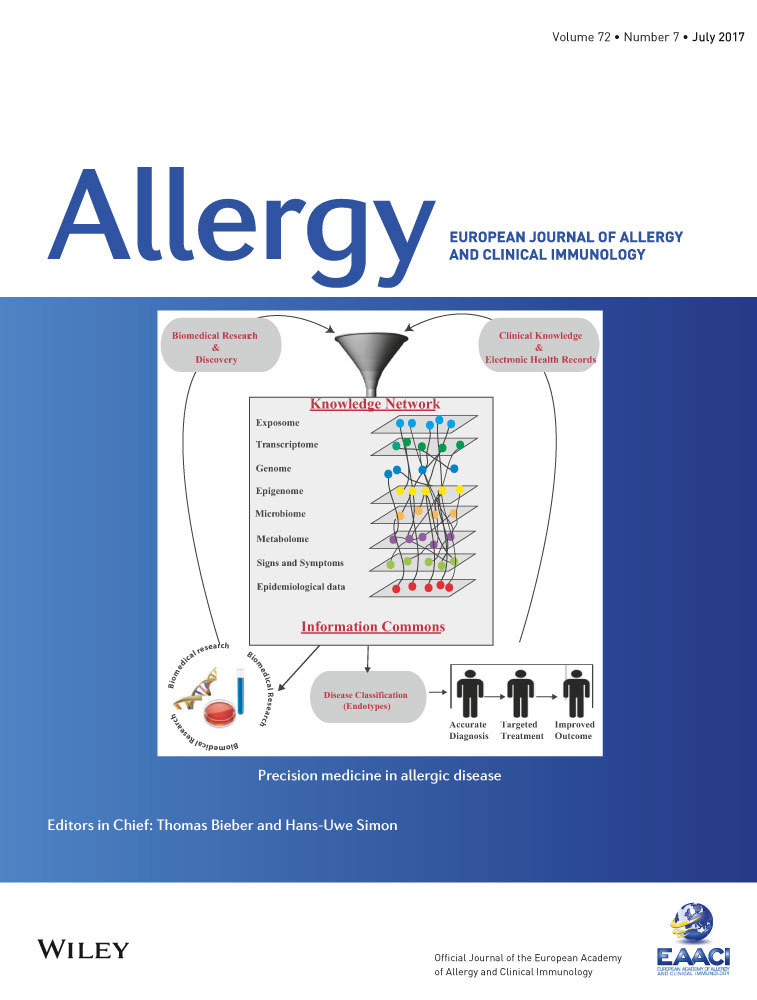Results of an allergy educational needs questionnaire for primary care
Abstract
It is well recognized that knowledge of allergic conditions is suboptimal in primary care. The Primary Care Interest Group of the European Academy of Allergy and Clinical Immunology undertook an educational needs survey to better understand what they were and how best to meet them, in the primary care environment. An electronic questionnaire was devised and distributed as widely as possible. A total of 2226 people from 63 countries opened the e-questionnaire of which 692 provided evaluable responses. In total, 81% were medical doctors with 299 possessing additional qualifications. Self-declared gaps in knowledge were expressed for most manifestations of allergy with a correspondingly high self-expressed educational need. The preferred learning modalities were online guidelines (69.6%) and courses (68.8%) followed closely by workshops (68%), structured online modules (63.9%) and small local working groups (59.75%). Podcasts and webinars scored poorly with only 25% expressing these as preferred learning modes although there was an age gradient. The preferred electronic platform was the personal computer (82.6%). A better understanding of the needs of primary care should help guide the design of educational initiatives to meet those needs.




